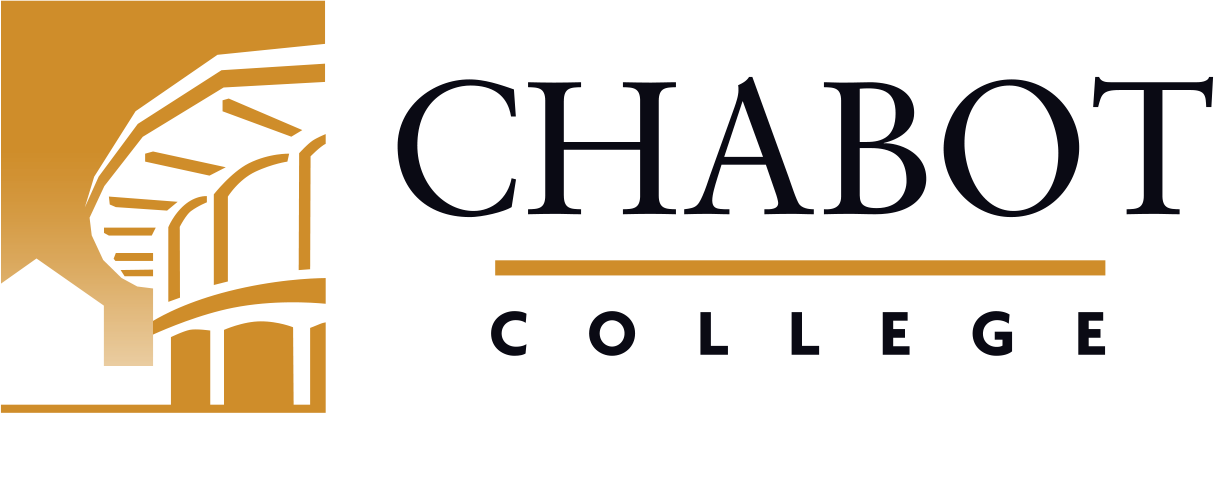
Philosophy - Associate in Arts
Fall 2024
Catalog Description
What is philosophy? Philosophy is an activity rather than a set of beliefs. It is thinking critically, systematically, and creatively about fundamental and important questions about knowledge, values, and reality that include the following and more: What do I know, and how do I know it? What is justice? Does God exist? Do I have free will? What is the nature of the mind and self? Students are required to complete 60 units for the degree, including 18 units for the major and 25 general education units. In addition to preparing one for advanced study in the discipline, the Chabot Philosophy Program enriches its students with the ultimate transferable and portable job skills that ready them for careers in the fields of law, medicine, business, education, public service, film-making, writing, and technology.
Career Opportunities
This program helps students prepare for advanced study in the discipline. Additionally, the Chabot Philosophy Program enriches its students with the ultimate transferable and portable job skills that ready them for careers in the fields of law, medicine, business, education, public service, film-making, writing, and technology.
1509.00 - Philosophy
38.0101 - Philosophy.
Program Learning Outcomes
Upon the completion of the program the student should be able to:
- convey understanding of major philosophical questions, theories, and concepts in the areas of metaphysics (nature of reality), epistemology (knowledge), and axiology (value theory);
- reconstruct, analyze, and evaluate arguments for and against major philosophical positions;
- explicate and analyze globally significant texts from the history of philosophy;
- employ the methods of philosophical inquiry, especially the principles of logic (formal & informal) and critical thinking;
- demonstrate proficiency in portable language skills, including listening and reading carefully and critically, speaking articulately, and -- most importantly -- proficiency in philosophical writing, which includes presenting & supporting a philosophical thesis, articulating & responding to objections, and in general, writing in a way that is clear, precise, coherent, concise, well-organized, effective, and valuable;
- demonstrate philosophical virtues, including being open-minded, imaginative, appropriately skeptical, intellectually humble, charitable, incisive, and truth & justice-seeking.
Required Core: Select 2 (6 units)
0.0
PHIL 55
Symbolic Logic (Active)
3.0
3.0
PHIL 50
Introduction to Philosophy (Active)
3.0
OR
PHIL 60
Ethics (Active)
3.0
List A: Select 2 (6 units)
0.0
Any Required Core not already used.
PHIL 65
Introduction to Philosophy: Theory of Knowledge (Active)
3.0
PHIL 70
Social and Political Philosophy (Active)
3.0
List B: Select 2 (6 units)
0.0
Any List A course not already used.
ARTH 20 (same as PHOT 20)
History of Photography (Active)
3.0
COMM 6
Introduction to Performance Studies (Active)
3.0
ENGL 20
Studies in Shakespeare (Active)
3.0
ENGL 21
The Evolution of the Black Writer (Active)
3.0
ENGL 22
Mexican American/Latinx Literature of the U.S. (Active)
3.0
ENGL 25
Asian-American Literature (Active)
3.0
ENGL 31
Introduction to Queer Literature (Active)
3.0
ENGL 41
World Literature (17th Century to the Present) (Active)
3.0
ENGL 45
Studies in Fiction (Active)
3.0
ES 5
Critiquing Race and Gender in Popular Culture (Active)
3.0
FRNC 2A
Intermediate French (Active)
4.0
FRNC 2B
Advanced French (Active)
4.0
HIS 1
History of Western Civilization to 1600 (Active)
3.0
HIS 2
History of Western Civilization Since 1600 (Active)
3.0
HIS 3
World History: Beginnings to 1500 (Active)
3.0
HIS 4
World History: 1500 to the Present (Active)
3.0
HUMN 60
Creativity and the Community (Active)
3.0
HUMN 65
The American Style (Active)
3.0
HUMN 68
World Mythology (Active)
3.0
RELS 50
Religions of the World (Active)
3.0
RELS 65
Religions of Asia (Active)
3.0
SPA 2A
Intermediate Spanish (Active)
4.0
SPA 2B
Advanced Spanish (Active)
4.0
Unit Calculations
60.0
Major Requirements
18.0
General Education
28.0
Electives (Degree applicable units as needed)
14.0
Total: 60.0